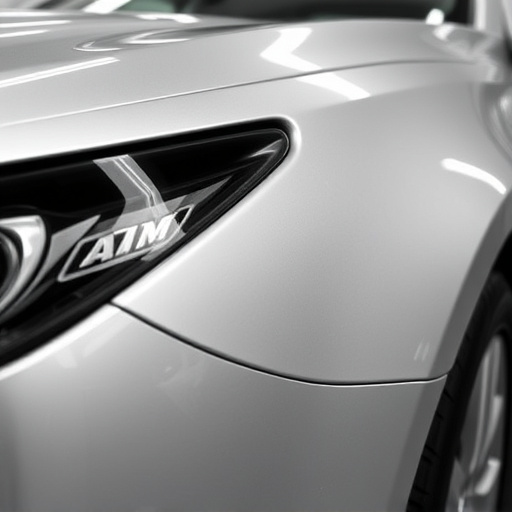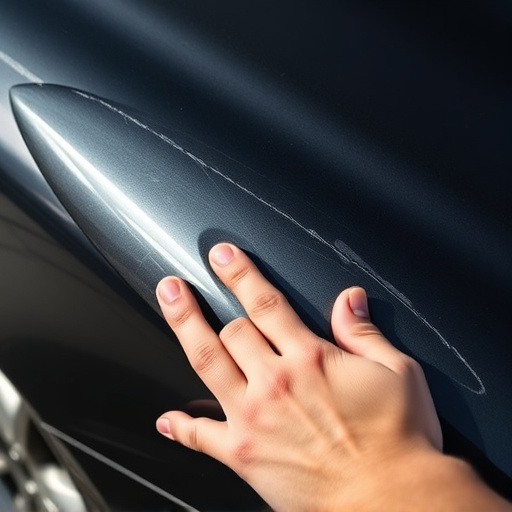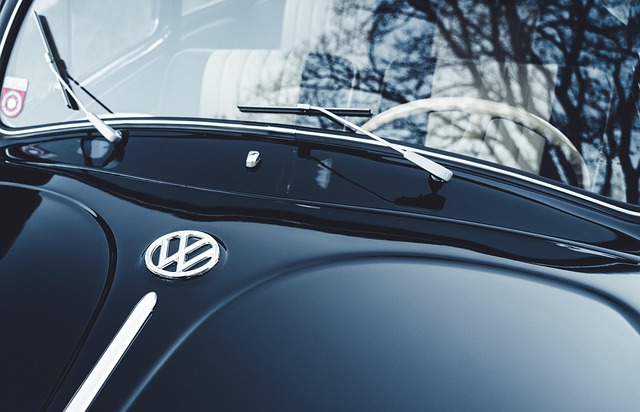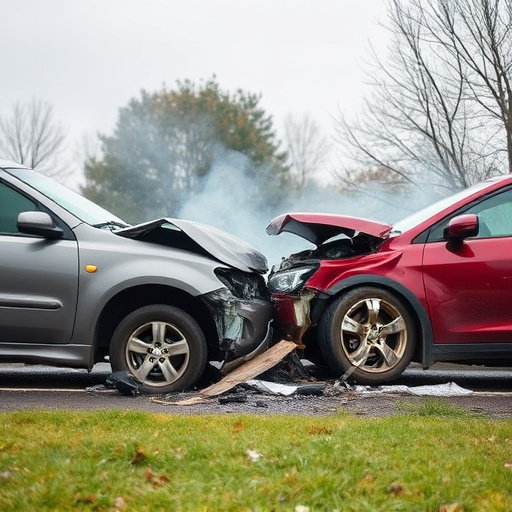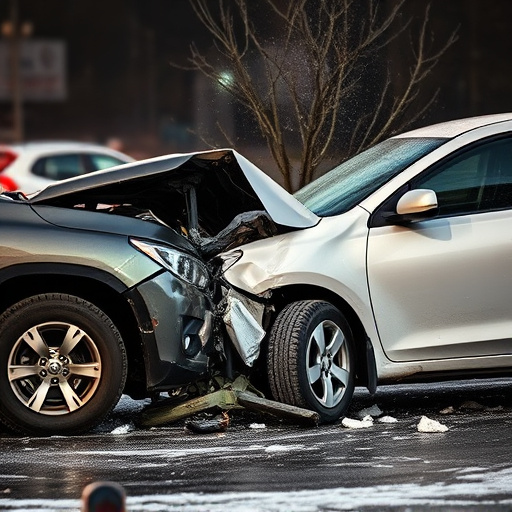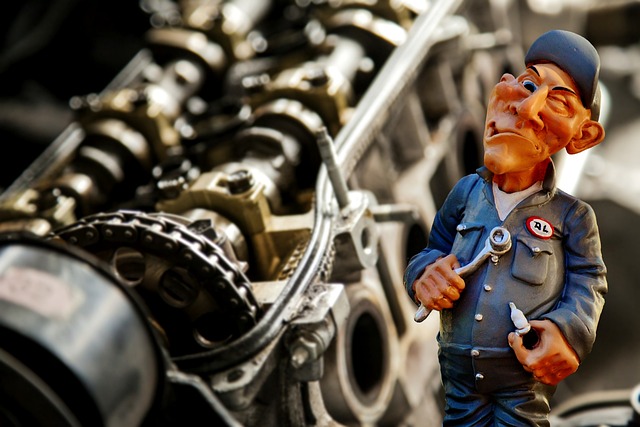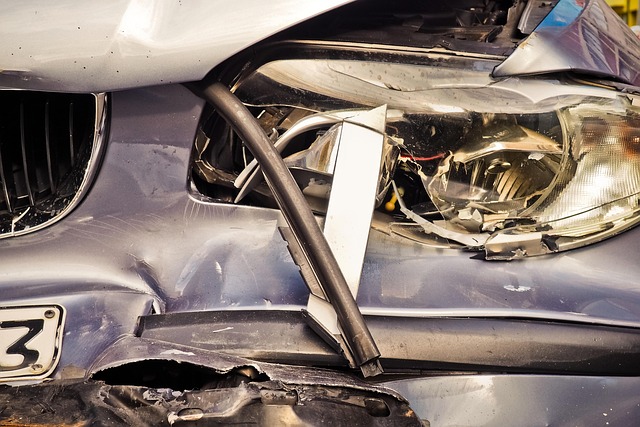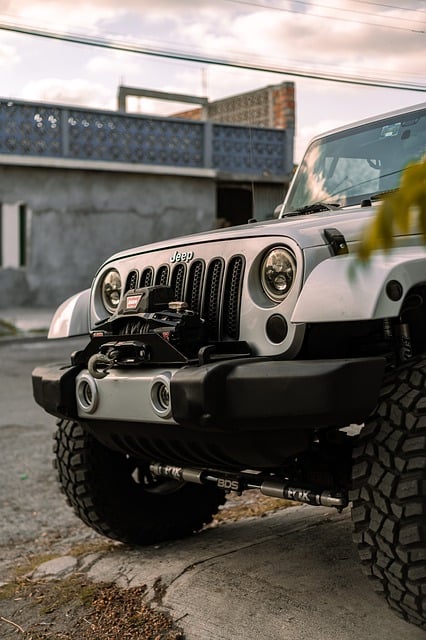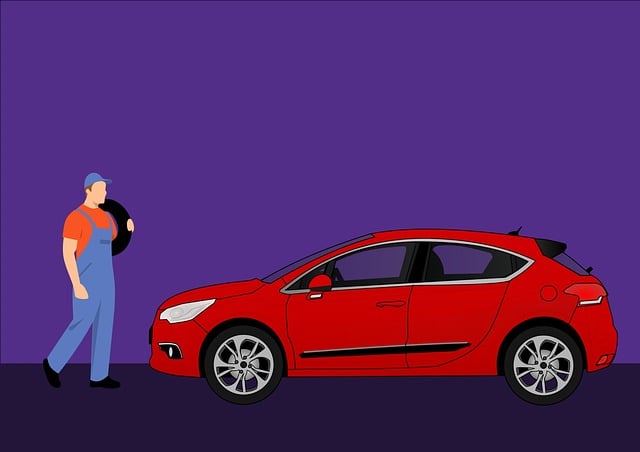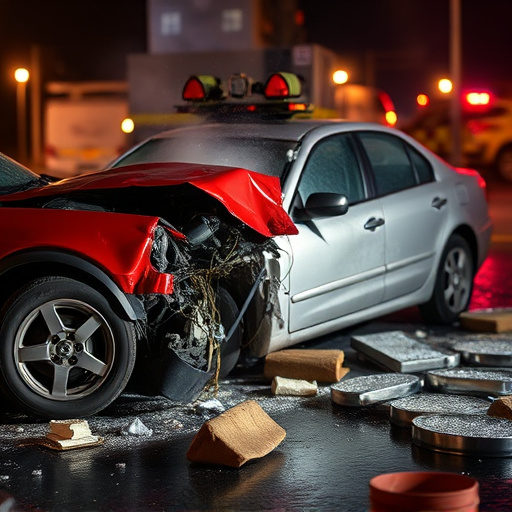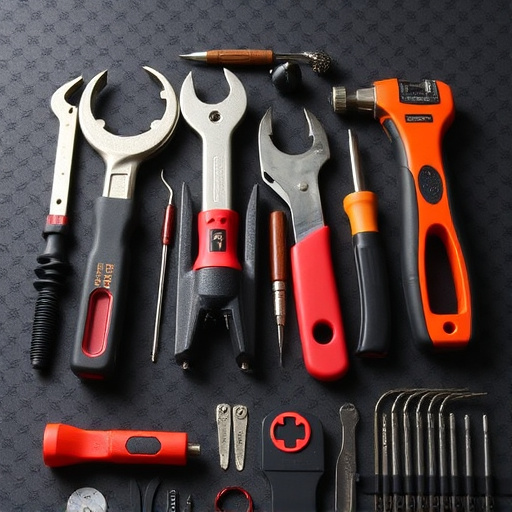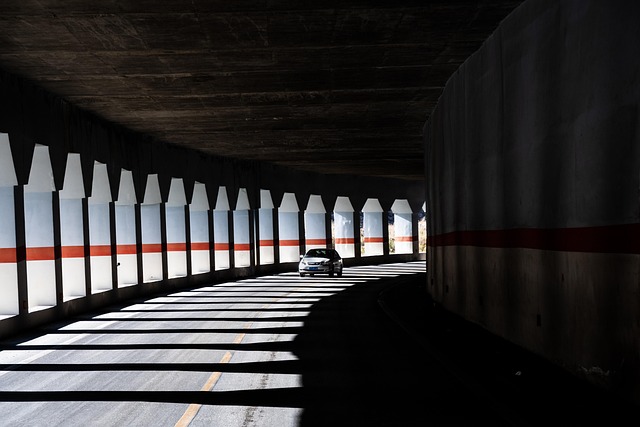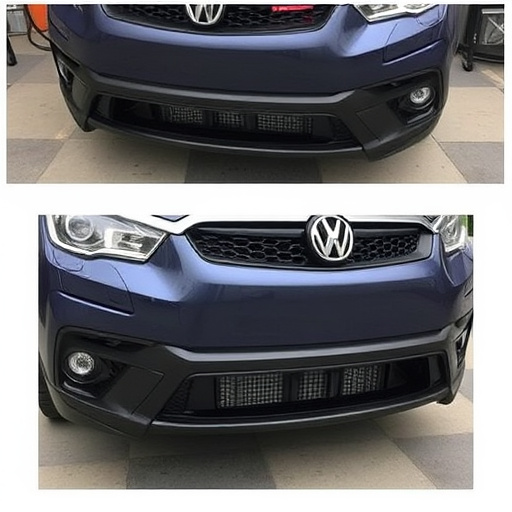Specialty collision hardware is crucial for modern auto body repair, addressing unique vehicle design challenges and ensuring precise, efficient fixes, especially in advanced techniques like paintless dent repair. Reputable collision centers invest in this innovative technology to deliver flawless results, saving time, money, and preserving vehicle aesthetics and resale value. Standard repair parts offer a convenient, cost-effective solution for various vehicles, ideal for regular maintenance and straightforward replacements; they are widely available at auto parts stores. When repairing Mercedes-Benz, choose specialty hardware for complex repairs or standard parts for simpler tasks based on cost, availability, part quality, and repair complexity to achieve optimal outcomes.
In the realm of automotive repair, differentiating between specialty collision hardware and standard repair parts is key for efficient, effective restoration. Specialty collision hardware, with its unique design and specialized functions, caters to intricate vehicle repairs not covered by generic parts. This article explores the distinctive characteristics and applications of specialty collision hardware, while also examining the universal appeal and accessibility of standard repair parts. We’ll guide you through a decision framework to determine when each type is best suited for your needs, empowering informed choices in the world of automotive restoration.
- Understanding Specialty Collision Hardware: Unique Characteristics and Applications
- Standard Repair Parts: Availability, Affordability, and Versatility
- When to Choose Specialty Hardware vs. Standard Parts: A Decision Framework
Understanding Specialty Collision Hardware: Unique Characteristics and Applications
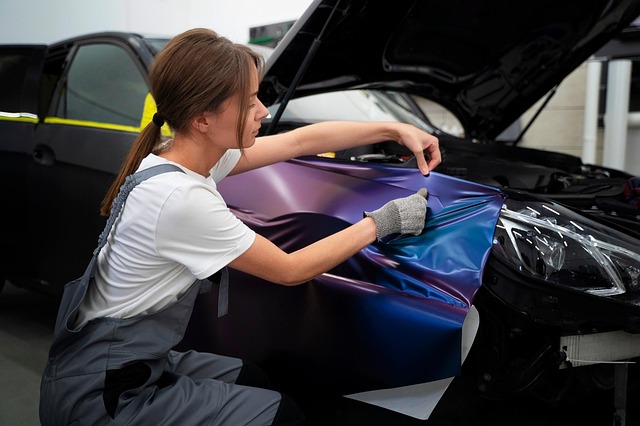
Specialty collision hardware refers to specialized components designed for specific auto body services and repairs, particularly those involving paintless dent repair techniques. Unlike standard repair parts, which are generic and fit a wide range of vehicles, specialty hardware is tailored to address the unique challenges posed by modern vehicle designs and advanced collision repair methods. These parts often incorporate innovative technologies and precise engineering to ensure optimal performance during complex procedures like panel replacement or structural reinforcement.
The application of specialty collision hardware is primarily found in reputable collision repair centers that stay abreast of industry advancements. For instance, it’s crucial for achieving flawless results in paintless dent repair, where specialized tools and hardware allow technicians to remediate dents without damaging the vehicle’s finish. This not only saves time and money but also preserves the aesthetics and resale value of the vehicle. By investing in specialty hardware, collision repair centers can offer superior services, enhancing customer satisfaction and fostering loyalty among their clientele.
Standard Repair Parts: Availability, Affordability, and Versatility
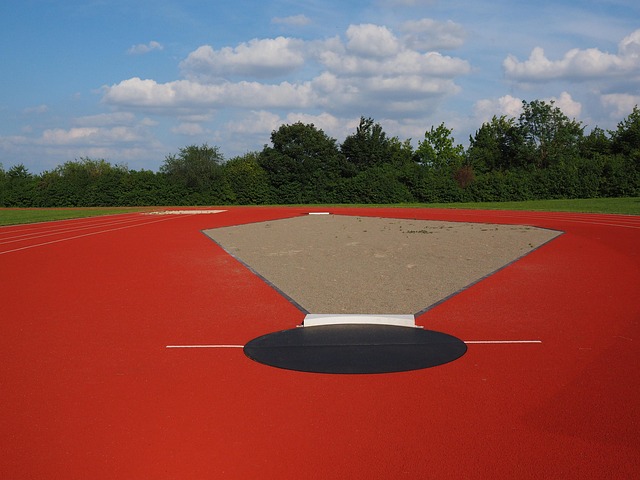
Standard Repair Parts offer a wide range of advantages when it comes to accessibility and cost-effectiveness. These parts are readily available at most auto parts stores, making them easily accessible for both professional mechanics and DIY enthusiasts. Their affordability is another significant benefit, as they provide a more economical option for basic car repair services and regular auto maintenance routines.
The versatility of Standard Repair Parts is also noteworthy. They are designed to fit a wide array of vehicle makes and models, ensuring that most car owners can find the necessary components for their repairs. This universality streamlines the replacement process, saving time and effort in identifying the right specialty collision hardware for specific tasks.
When to Choose Specialty Hardware vs. Standard Parts: A Decision Framework
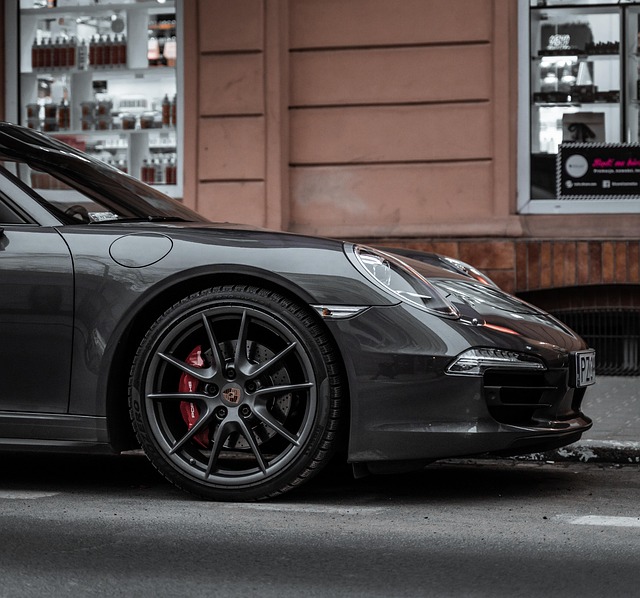
When deciding between specialty collision hardware and standard repair parts for your Mercedes Benz repair or auto body services, it’s crucial to consider the specific needs of your auto collision center. Specialty hardware is designed for precise fitting and often offers enhanced durability, making it ideal when replacing complex components in modern vehicles like those found in an auto collision center. These specialized parts are particularly beneficial for intricate repairs that require exact specifications and high-quality materials.
On the other hand, standard repair parts are generally more affordable and readily available, suitable for straightforward replacements or when budget constraints exist. While they may not offer the same level of precision or durability as specialty hardware, standard parts can still be reliable choices for common auto body services. The decision framework should balance factors like cost, availability, part quality, and the complexity of the repair required by your auto collision center to ensure the best outcome for each Mercedes Benz repair.
When deciding between specialty collision hardware and standard repair parts, understanding their unique roles is key. Specialty hardware offers specialized functions and precision for specific vehicle repairs, making it indispensable in complex scenarios. Conversely, standard parts provide affordability, wide availability, and versatility for common fixes. Choosing the right option depends on the nature of the damage, cost considerations, and access to skilled technicians. Opting for specialty collision hardware ensures superior craftsmanship and longevity, while standard parts strike a balance between cost-effectiveness and convenience. Ultimately, understanding these distinctions enables informed decisions tailored to individual repair needs.
